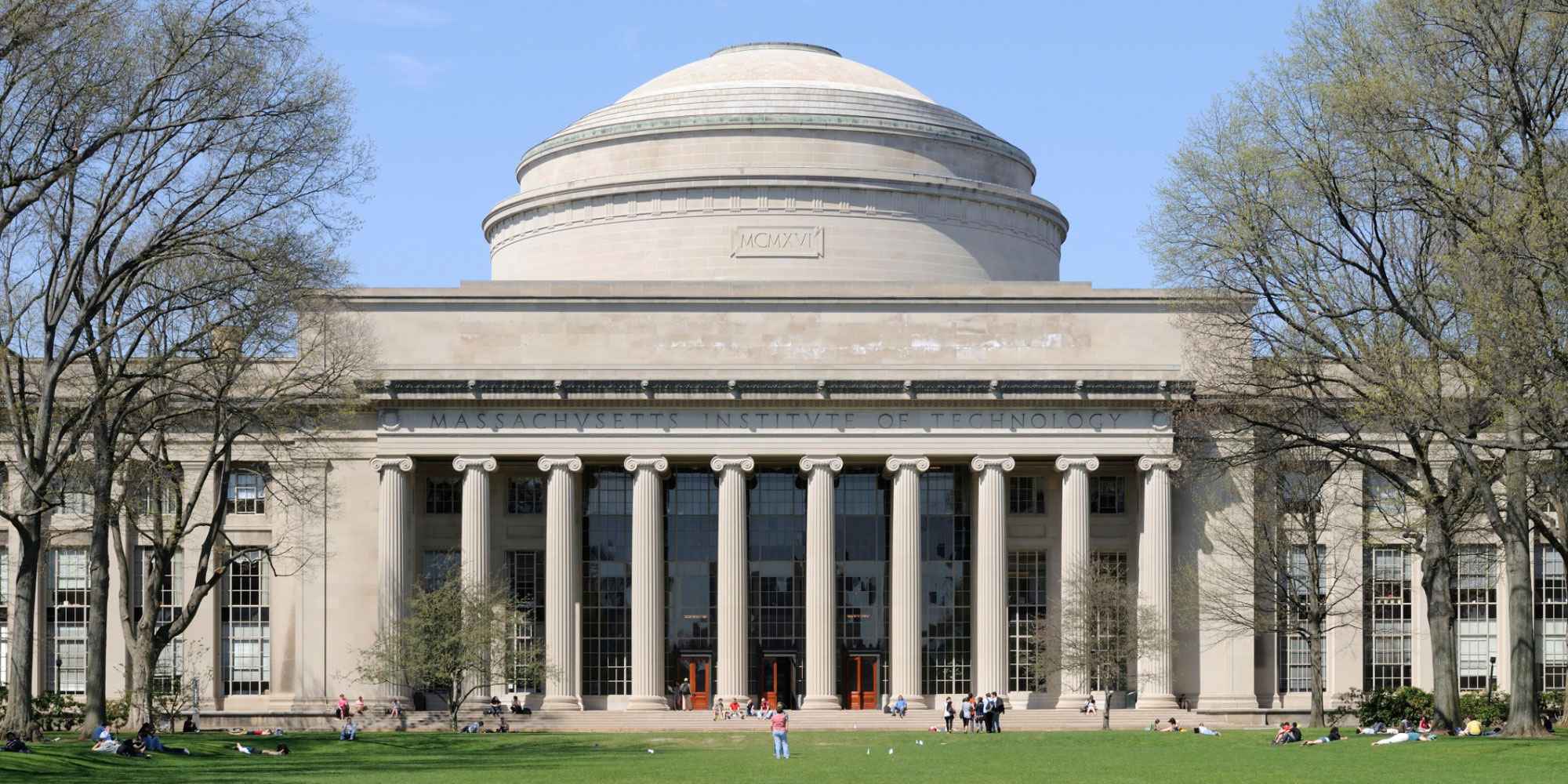Get Admission in Top Australia Universities
Australia is ranked third among Indian students as the most preferred study destination. It is a multicultural community that welcomes people from all backgrounds and ways of life.
According to the Australian Department of Home Affairs, over 37,000 Indian students were granted student visas to study in Australia in 2018-19, a 32% increase from the previous year.
Learn about Education System, Top Universities, Courses, Fees, Visa and Much more in Australia


Why Study in the Australia?
Education System in Australia
There are 4 levels of Education in Australia -
Primary School
Consists of 7-8 years of instruction, beginning in Kindergarten and ending Year 6 or 7
Senior-Secondary Education
Years 11 and 12 are the two years of Senior High Education.
Secondary School
3-4 year programme runs from Years 7 to 10 or Years 8 to 10.
Tertiary Education
Tertiary education includes university education as well as vocational education.
Top Universities to Study in the Australia
In Australia, several prominent universities excel in various fields of teaching and research. Let's take a look at some of Australia's top universities.
Book a Free Counselling Session
Register Now to connect with our US Expert Counsellors
Top Courses to Study in Australia
Accountancy
Students in Australia can use their theoretical and technical accounting knowledge in a commercial context. Under supervision, use judgement to provide alternate solutions to simple accounting problems, taking into account social, ethical, economic, regulatory, sustainability, governance, and/or global perspectives as needed.
Architecture
Architectural design, both commercial and residential, is a popular career choice in Australia. It's a business that's being challenged and transformed by environmental concerns. Considering the sun, rain, and wind when constructing houses and businesses is critical.
Engineering
Whether you're interested in civil, mechanical, electrical, electronics, telecommunications, chemical, computer, mechatronics, materials, agricultural, marine, mining, petroleum, geological, industrial, aerospace, environmental, or biomedical engineering, Australia has it all.
Agricultural Sciences
Agricultural sciences, part of the STEM professional path, provide a wide range of job opportunities. Careers in forestry, agriculture, farming, and agronomy require this degree.
Earth Sciences
Because Australia is rich in mineral resources, mining, metallurgy, oil, geology, and gas expertise are in high demand. Coal, uranium, natural gas, and various minerals may all be found in Australia, making it a promising area.
Computer Science and Information Technology
Both in Australia and worldwide, software and computer science engineers are in high demand. Specialising in machine learning, data management, and banking leads to excellent employment opportunities.
Tourism and Hospitality Management
Australia has a thriving tourist business because of its breathtaking beauty and diverse activities. People go all over the world to relax on white-sand beaches, explore huge deserts, enjoy everything that urban cities offer, and experience some of Australia's distinctive wildlife.
Business Management
Students studying business and management in Australia study in a unique setting in eastern and western cultures and economies. They build cultural awareness, which is fast becoming a critical component of economic success in the globalisation age.
Cost of Living and Studying in Canada
The cost of education and living in Canada are influenced by the university you attend and the program you choose.
Admission Process/How to Study in Canada
STEP 1 - Find Study Program
Choose a course of study and then look for the best university for you.
STEP 2 -Requirements
Meet all of the university's standards and eligibility requirements.
STEP 3 - Applications
Apply to your chosen university through Azent's counsellors or directly through the university's website, and pay the application cost
STEP 4 - -Financing
Make financial arrangements for your education in Singapore. This is also a good time to start applying for scholarships or loans.
STEP 5 Visa
You'll need to apply for your student visa.
Step 6 - Travel
Look for accommodation in Singapore and make travel arrangements, such as purchasing tickets.
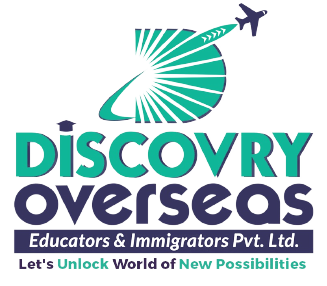
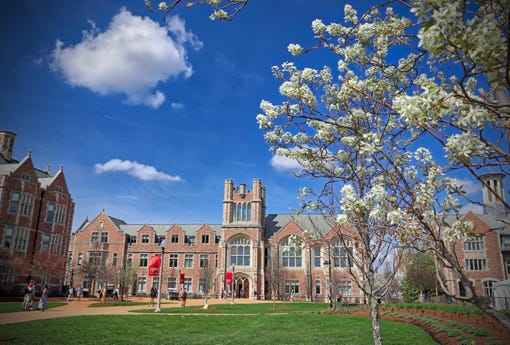
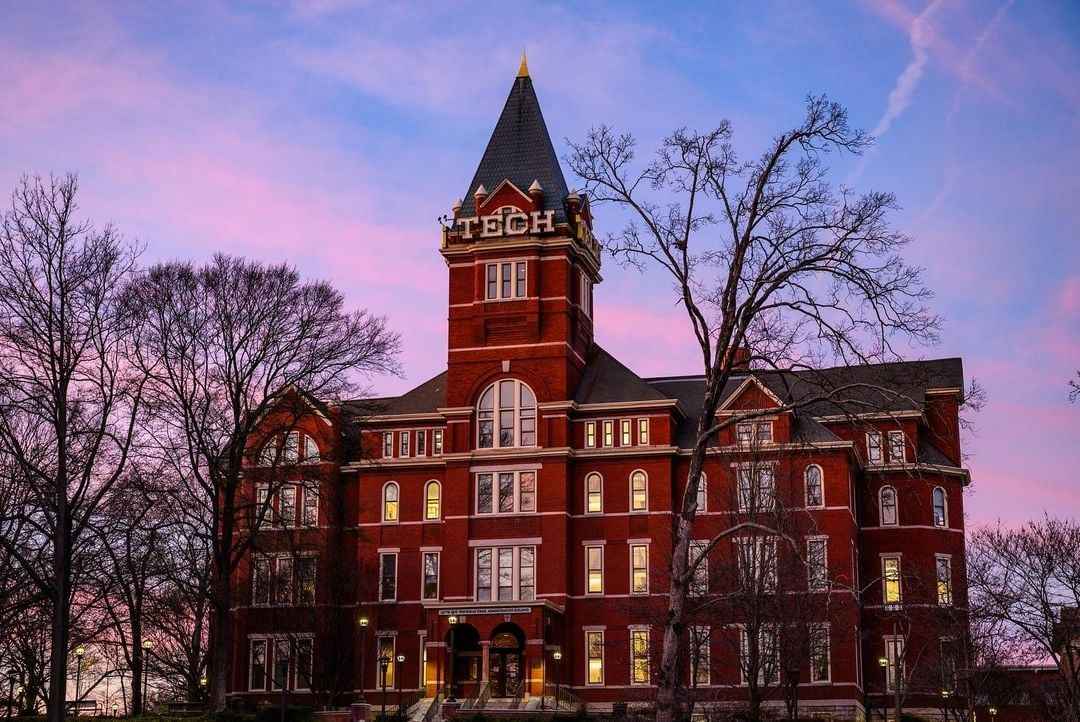
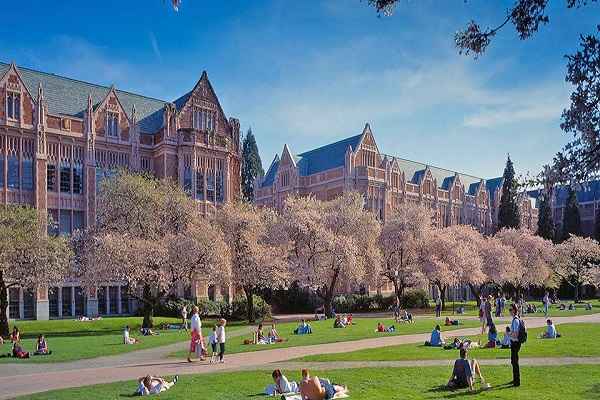
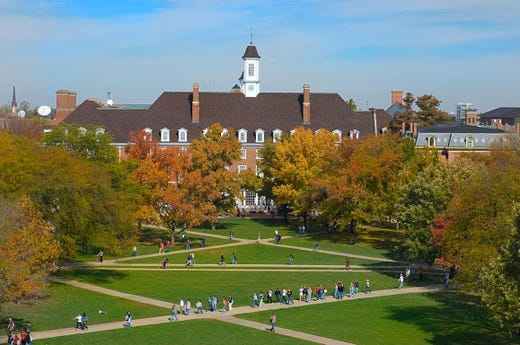

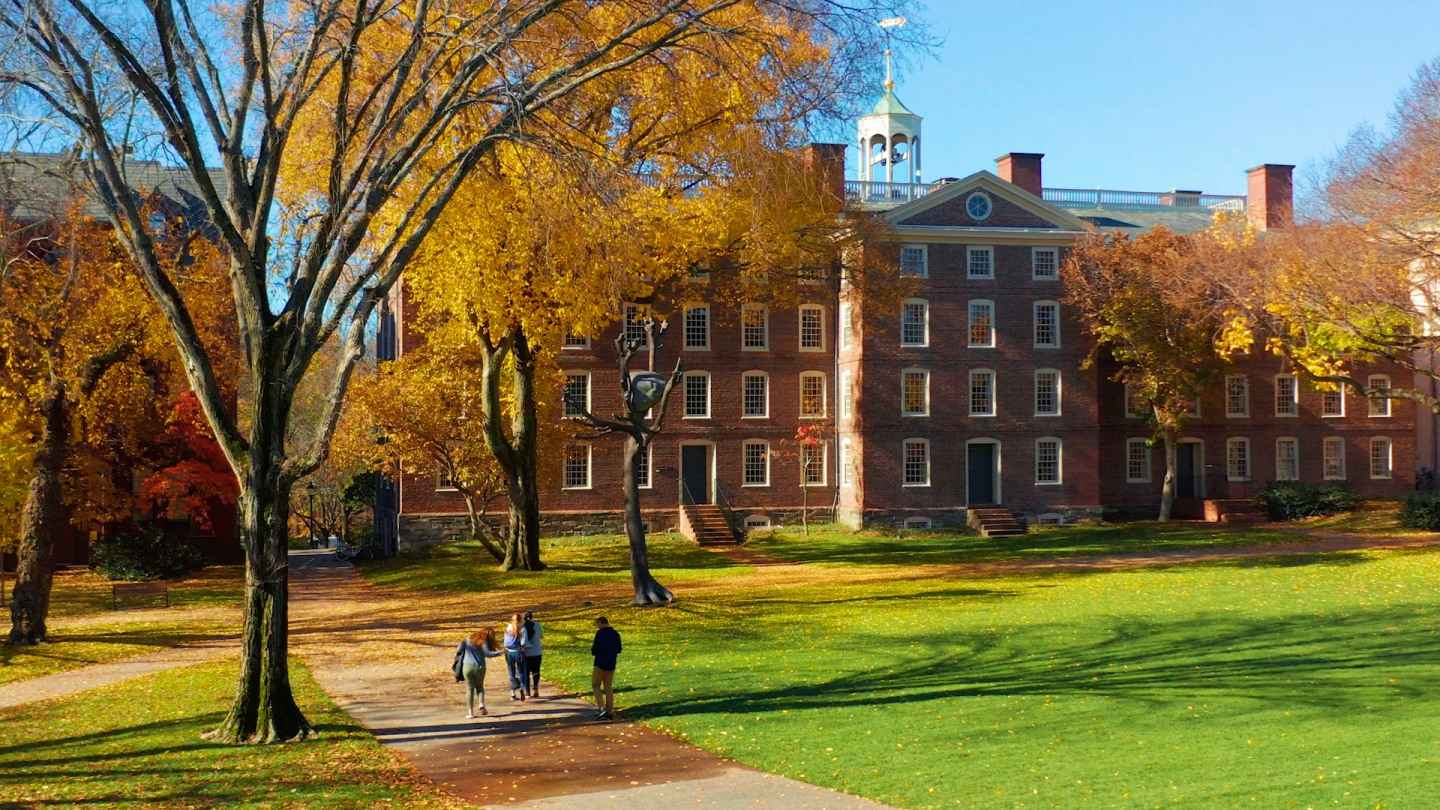


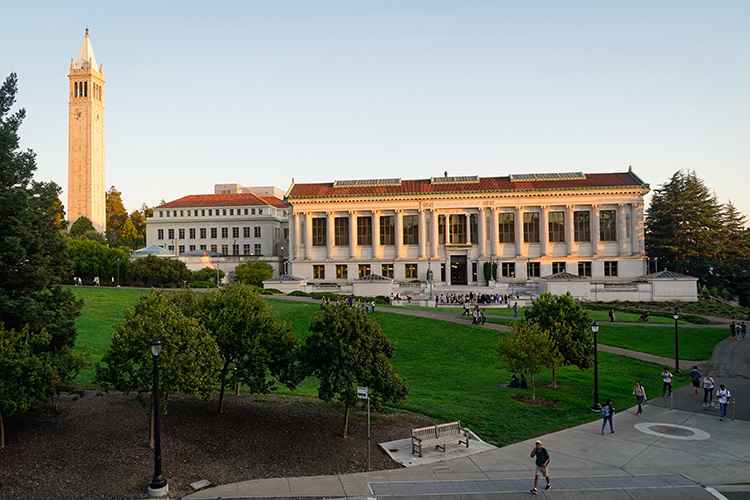


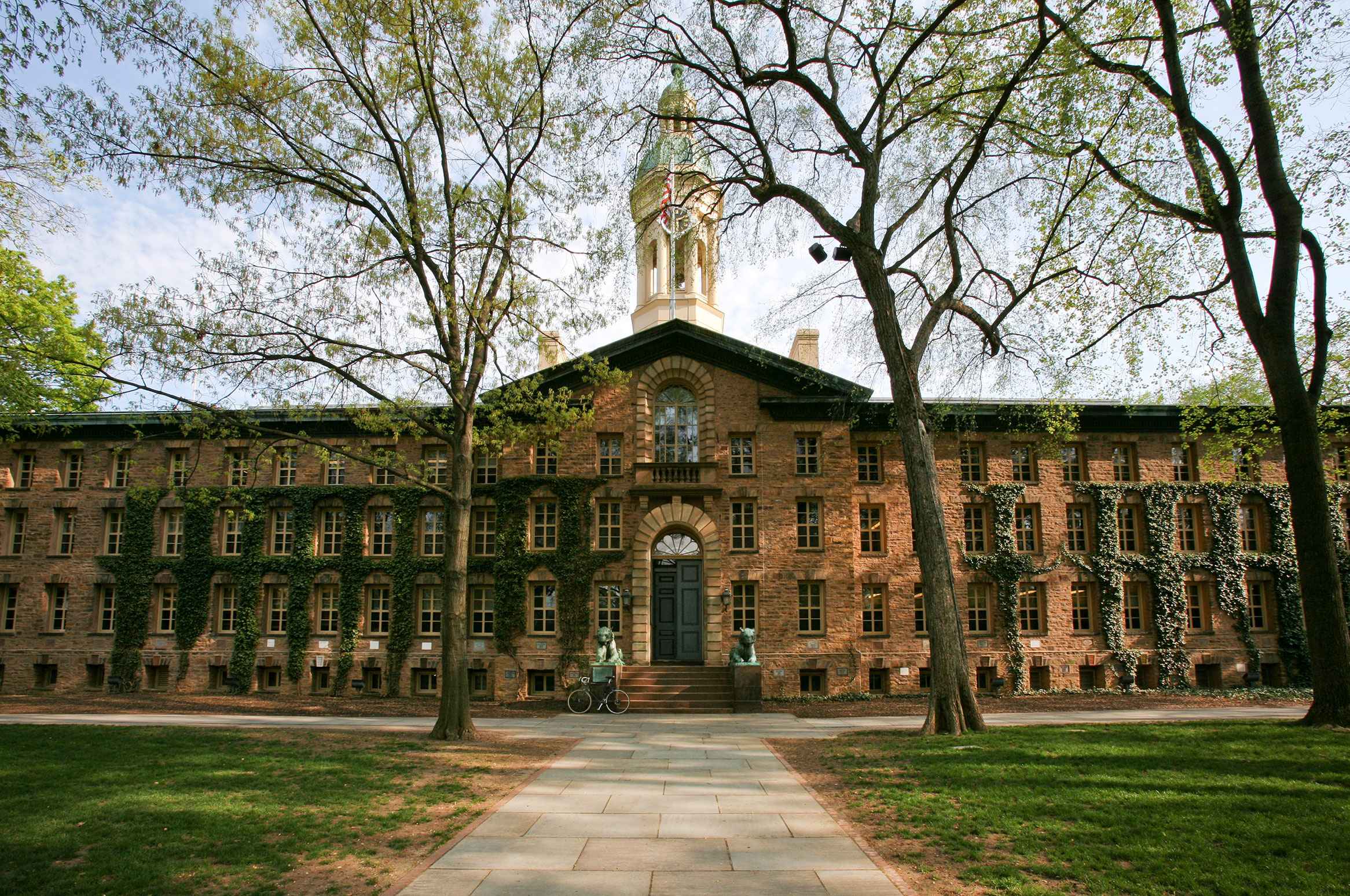

.jpg)
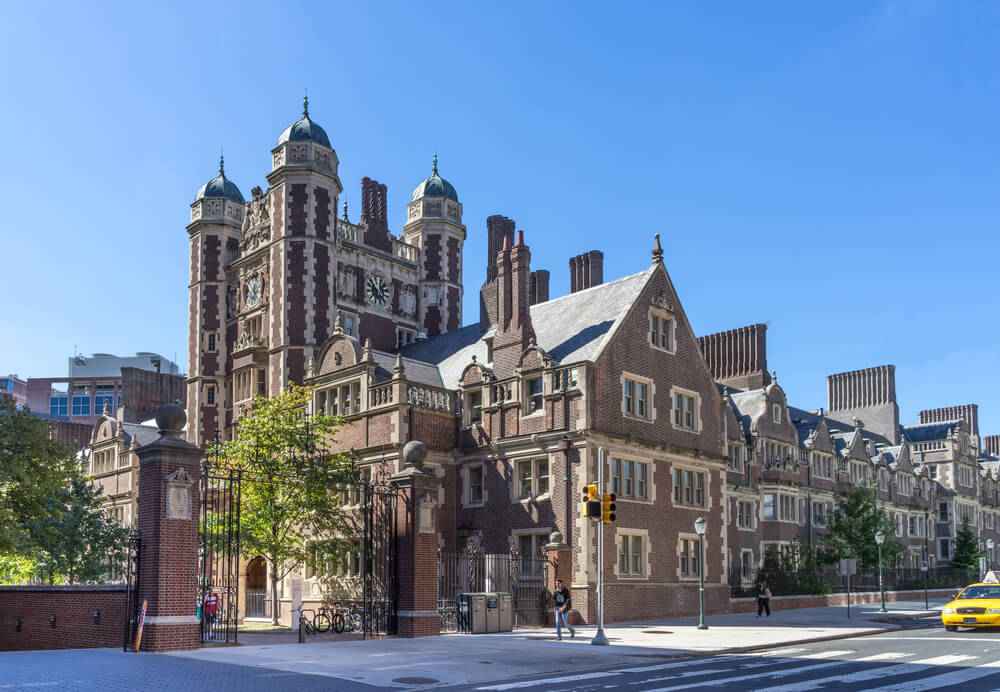
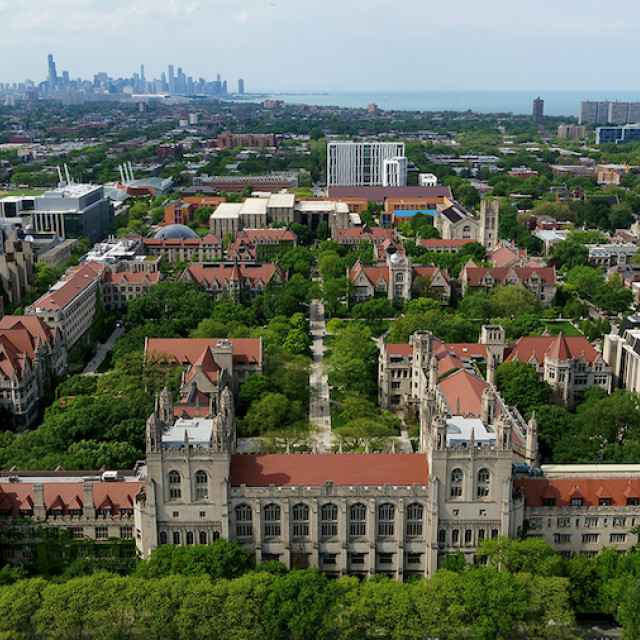


.jpg)
